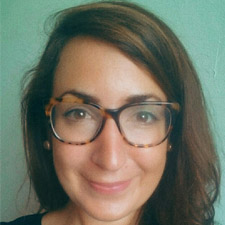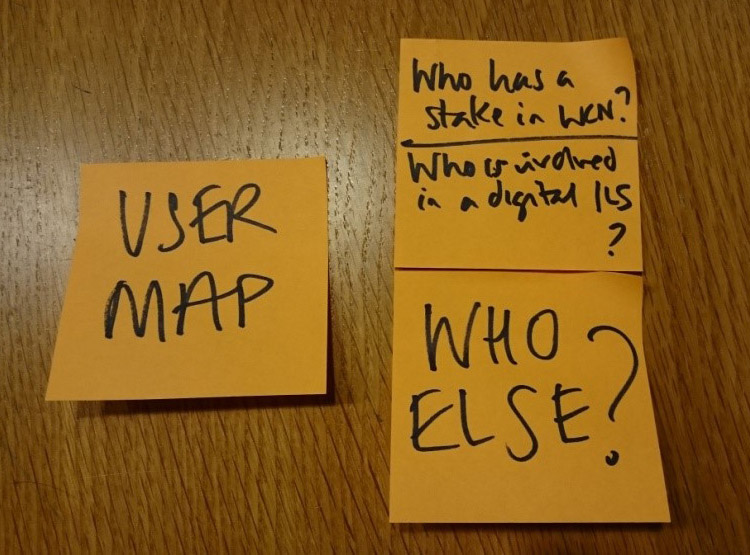Designing a Digital International Literature Showcase
A year ago, Alyson Fielding and I started exploring what a Digital International Literature Showcase could be. On behalf of WCN and the British Council, we interviewed curious and inspiring arts leaders, literature specialists, writers, and digital developers.
We listened. We read. We discovered new tools, platforms, and great literature. Thanks to all those who shared their expertise, ideas, and top tech tips, we were able to present a prototype which has since grown and evolved into what you find here at litshowcase.org.
Getting Inspired
During this design process and in the months since, we’ve kept an eye out for organisations and projects at the forefront of new thinking about literature and digital. Informed by our own adventures as well as suggestions from Digital ILS partners including New Writing South, Writing West Midlands, Spread the Word and New Writing North, we’ve noticed three trends firing the imagination of literature lovers.
1. VR and Shared Experience
The shared experience of literature is diversifying, with help from digital technology and cross-sector collaborations.
The RSC has paved the way for a collective experience of Virtual Reality through their recent production of The Tempest with Andy Serkis’ Imaginarium and processing giants Intel. Exploring how live motion capture can enhance characterisation and audience experience, the text and the actors drive the production. This is bleeding edge technology put into the service of story, rather than the other way around. In principle as well as practice, then, there is plenty here to inspire creators of digitally-enhanced, shared experiences of literature.
2. Data Visualisation and Live Literature
Data visualisation techniques and tools are offering a boon to the live experience of literature generally, and literature in translation specifically. Innovation here could enable writers to share their work across languages, as well as providing visually enriching readings for hearing-impaired audiences.
Nesta R&D fund project Sibrwd explored how to deliver surtitled translation of Welsh-language theatre for English-speaking audiences without distracting from the experience and appreciation of the performance. For Sibrwd, an app was the enabling mechanism. In poetry and translation slams, projection of speed-reading tools such as Spritz have the potential to enliven and deepen engagement with texts and themes.
3. Literature on Mobile
According to the latest ONS data, in 2016 75% of all adults and 97% of those aged 16 to 24 accessed the internet “on the go.” It’s no surprise, then, that people are looking for ways to discover and create literature via their mobile devices.
Ready access to the tools to create podcasts, as well as platforms to showcase them, means there is a glorious range of literary podcasts and audio experiences to be discovered, from Blast Theory’s location-specific Too Much Information, to explorations of poems as friends on the Poetry Exchange podcast, and the irreverent, interview-led Books on the Nightstand.
And new(ish) technology needn’t mean a focus on new writing, as lovers of the Unbound Backlisted podcast can testify. This fortnightly podcast celebrates old books that its writerly hosts think everyone should read.
With annual novel-writing challenge #NaNoWriMo proving so popular, and easy access to platforms for self-publishing, developers have started making tools to help you write your next opus. Scrivener is designed to help writers format and organise their writing, while Prolifiko offer a “personal writing coach,” designed to inspire and motivate your writing projects. Booker-longlisted novelist Wyl Menmuir credits Prolifiko’s Write Track social tracker with supporting him to fulfil his dream of completing his first novel.
Over to you
What literature and tech projects are you inspired by? Is digital affecting your literature practice? If so, how? Share your thoughts and keep the conversation going on Twitter #LitShowcase
About Ceri

Ceri is a tech-curious Cultural & Design Thinking Consultant, Clore & IDEO Fellow, and one half of Bird & Gorton.
Twitter: @cerigorton / @Bird_Gorton







